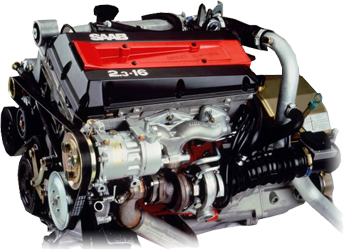C1720 Engine Trouble Code
Meaning of C1720 engine trouble code is a kind of chassis trouble code and theoretically you can drive for a few weeks or even months with a broken MAF sensor. You will notice a decrease in gas mileage and over time the car will eventually start stalling a lot. At a shop, the replacement cost is between $240-$400 depending on the car, but that's usually the cost of parts because the labor is relatively simple.
C1720 Fault Symptoms :
|
If one of these reasons for C1720 code is occuring now you should check C1720 repair processes.
Now don't ask yourself; What should you do with C1720 code ? The solution is here : |
C1720 Possible Solution:

|
Disconnected, dirty or fouled spark plugs are common causes for engines that won't start. Spark plugs typically need to be replaced every season or 25 hours of use. You should also check that the spark plug gap is set properly. If your spark plugs look good, problems with your ignition system can also preventing a spark. These can range from a faulty spark plug lead, shorted kill switch or flywheel key damage. |
C1720 Code Meaning :
| C | 1 | 7 | 2 | 0 |
|---|---|---|---|---|
| OBD-II Diagnostic Chassis (C) Trouble Code For Engine | Fuel And Air Metering | Fuel Rail Pressure Sensor Circuit Malfunction | Turbocharger Boost Sensor A Circuit Low | Shift Solenoid E Performance or Stuck Off |
The poor running symptoms are consistent with a MAP sensor malfunction. In addition, in some cases, a bad MAP sensor will not throw a code. Again, the ELD code likely represents a separate wiring issue.
C1720 OBD-II Diagnostic Chassis (C) Trouble Code DescriptionC1720 engine trouble code is about Shift Solenoid E Performance or Stuck Off.Main reason For C1720 CodeThe reason of C1720 OBD-II Engine Trouble Code is Fuel Rail Pressure Sensor Circuit Malfunction. |
C1720 DTCs may also be triggered by faults earlier down the line. For example, a dirty MAF sensor might be causing the car to overcompensate in its fuel-trim adjustments. As a result, oxygen sensors are likely to report fuel mixture problems.

